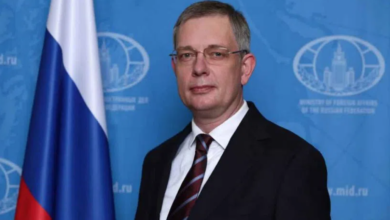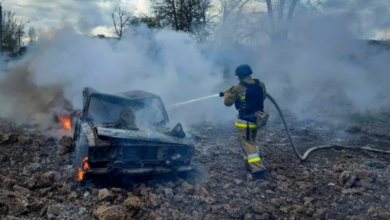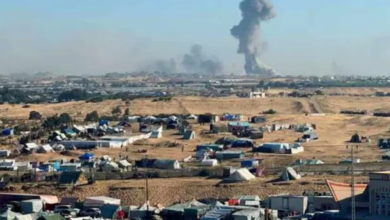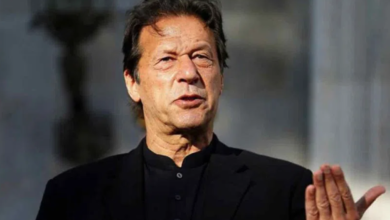Liz Truss is confirmed as PM Boris Johnson’s successor. What it means for India
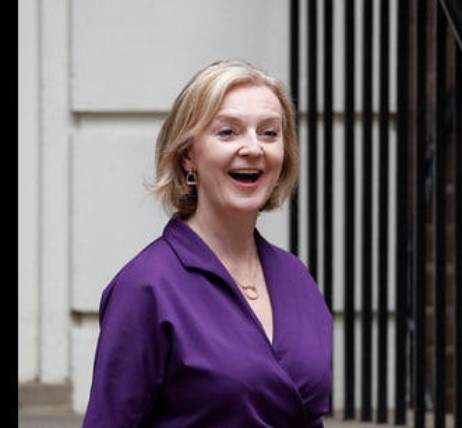
NEW DELHI: The conclusion of a comprehensive free trade agreement (FTA) with India will be one of the priorities on the foreign policy front for Liz Truss, who is set to become the UK’s next prime minister after being elected leader of the Conservative Party.
Policy-makers in New Delhi will also be keeping a close watch on the stance adopted by Truss on the Ukraine crisis, given that outgoing Prime Minister Boris Johnson was one of the strongest supporters of Ukrainian President Volodymyr Zelenskyy, and on whether the new British government pushes ahead with a tilt towards the Indo-Pacific.
Windows Users Can Now Remove Ads (Do It Now)

India and the UK are on track to conclude negotiations for a comprehensive FTA by Diwali, and the two sides have finalised 19 out of 26 chapters. Barring two chapters, the other five are a matter that can be addressed in a one-day session, two senior officials aware of the development said.
The Indian negotiating team is expected to visit London soon, but the trip could be delayed by a week or 10 days for the new British government to settle, the people said. both sides are confident to meet the Diwali deadline, which is the last week of October, the officials said, requesting anonymity.
People familiar with the matter said even if the two sides are unable to finalise all issues by Diwali, they are looking to conclude the trade agreement at the earliest. The British side has also conveyed that it is not keen on signing an interim trade pact, the people said.
Speaking about various FTAs that India is negotiating, commerce secretary BVR Subrahmanyam said on Saturday: “The UK FTA is very much on track…Our fingers are touching… The Diwali deadline is not going to be missed. Mark my words.”
One of the two officials mentioned above said out of the remaining seven chapters, two could take some more time to be tackled as they contain one or two items of interest for either side, such as automobiles.
On the Indian side, the focus has been on ensuring a better deal for the mobility of professionals and students, and boosting exports in labour-intensive sectors such as leather, textiles, jewellery, processed agricultural products, marine products, pharmaceuticals and healthcare.
One of the priorities for the British side has been to slash significant barriers that UK businesses face in exporting to India. Greater access to India’s market, especially as India’s middle class grows to a quarter of a billion consumers, will be seen as a major boost for UK firms. The UK is also looking at tariff cuts for whisky and cars and greater access for digital and legal services.
India and the UK concluded the fifth round of talks for the FTA on July 29. Experts from both sides held detailed draft treaty text discussions in 85 sessions covering 15 policy areas. Officials continued working throughout the summer towards the target of concluding the majority of talks on a comprehensive FTA by the end of October, a joint statement said.
Following Britain’s exit from the European Union (EU), the UK has been keen on quickly concluding trade deals with major economies such as India. The UK has concluded deals with 69 countries and one with the EU. India has speedily finalised trade deals this year with Australia and the United Arab Emirates and is in talks with the EU, Canada and other nations.
While the British side has expressed understanding for the Indian position on the Ukraine conflict, New Delhi will be watching to see if Truss continues Johnson’s policy of strong support for Ukraine, including the training of Ukrainian troops and the supply of sophisticated arms and ammunition. In recent weeks, the Royal Air Force has operated flights with heavy lift aircraft to transport artillery ammunition from Pakistan to Romania, from where it was transferred to Ukraine.
The Boris Johnson government had also backed a tilt towards the Indo-Pacific as part of a strategic review of foreign and security policy. During a visit to India in April, Johnson said the two sides had agreed on an expanded defence and security partnership and that the UK will set up an India-specific open general export licencing regime to reduce the delivery time for defence procurements.

